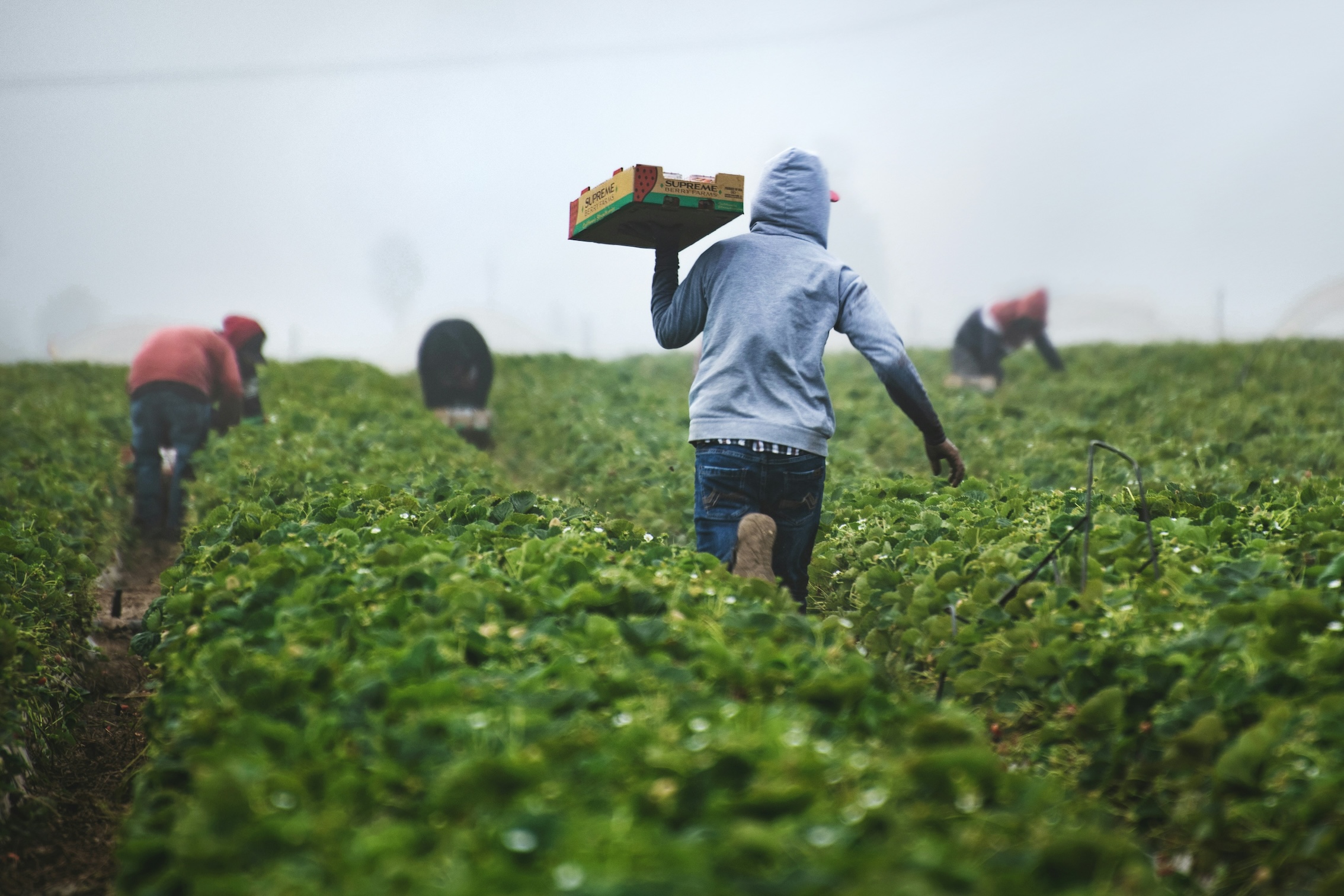Land Use
There is massive pressure to increase bioenergy as a replacement for Russian energy. This alternative, however, is not the solution: bioenergy is too small in scale to make a difference to the energy balance, it does not deliver GHG reductions, it is environmentally destructive, and—most importantly— it risks a catastrophic rise in global food prices due to competition with land.
Ukraine and Russia export 30% of global wheat and this is already feeding into massive food price rises that risk being sustained. There will be a growing tension between food security, sustainability, and energy production, including biomass.
In a context where commodities and food prices will rise, discussions around trade-offs between short term productivity and longer-term sustainability in agriculture will be intense. We see pressure from vested interests to use the Ukraine crisis to postpone or cancel vital EU priorities such as the Farm to Fork Strategy and the Nature Restoration Law.
The ECF work will aim to adjust to new transitions needed while avoiding backsliding and campaigns against false solutions. ECF partners are working to push back against opportunistic efforts to undermine the EU’s Farm to Fork and Biodiversity strategies while showing how justified fears of food security are best served by an agriculture model that is increasingly regenerative and local rather than reliant on massive amounts of fertiliser and energy inputs and vulnerable to global supply shocks.

